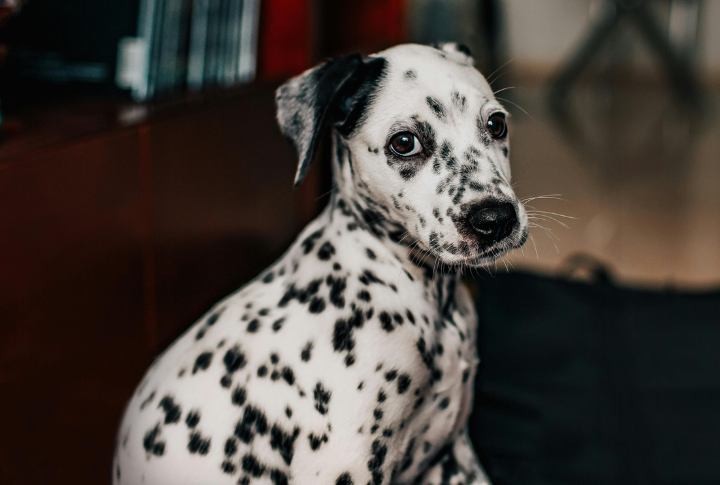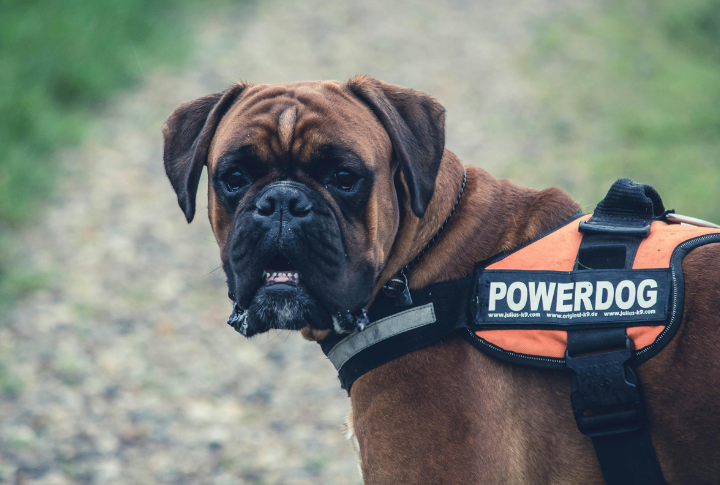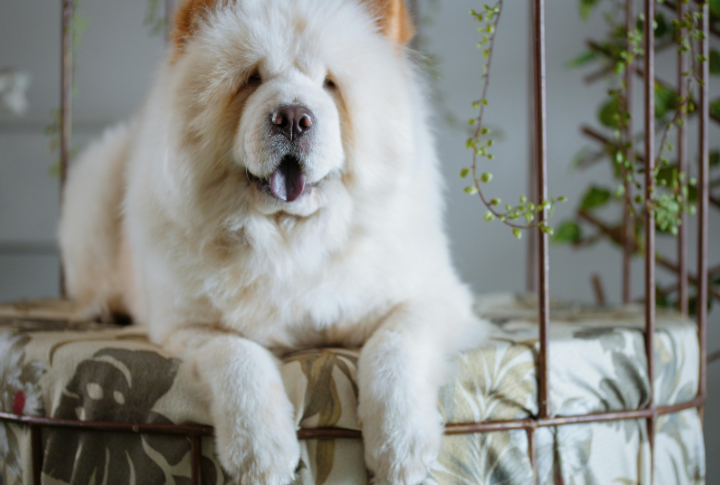15 Loyal Dog Breeds That Are Often Judged Too Harshly

Some dogs have reputations that don’t quite match their true nature. Misunderstandings can shape unfair opinions, leaving their real qualities overlooked. This list highlights dog breeds that are calm, clever, and fiercely loyal. Each breed carries a story of strength that’s often misjudged, revealing the quiet transformation that happens when fear turns into trust.
Pit Bull

Often unfairly labeled as dangerous, Pit Bulls actually score higher in temperament tests than many beloved family breeds. Known for their deep loyalty, they are often great with children, even though they weren’t originally bred for childcare. Their sensitivity and devotion shine through, and with the right training and trust, they transform into affectionate companions who break free from the harmful stereotypes often associated with them.
Rottweiler

Statistics show Rottweilers pass temperament tests more consistently than several popular breeds. Developed to guard Roman herds, they respond well to structure and purpose. A well-socialized Rottie forms deep bonds and protects gently. Misunderstanding their quiet strength means missing the chance to meet a gentle soul.
Doberman

First bred by a German tax collector, Dobermans combine loyalty with laser focus. Their intelligence makes them a natural fit for several demanding roles that require precision and accuracy. Confidence stems from early guidance, shaping a devoted companion who seeks connection and values your trust over dominance.
German Shepherd

Widely employed in search and rescue, German Shepherds thrive on mental tasks and clear expectations. Problems often stem from under-stimulation and a lack of boundaries. Consistent routines allow their brilliance and empathy to shine. With guidance, this breed develops into a trustworthy and loyal companion.
Chihuahua

Chihuahuas, descendants of ancient Aztec dogs, may be small in size but they act much larger than they are. Their boldness often stems from fear, not aggression. With early boundaries and gradual introductions, their yappy reputation can be toned down. When properly nurtured, these little dogs develop an immense loyalty and a surprising amount of charm.
Dalmatian

Originally bred as carriage dogs, Dalmatians are known for their endurance and keen awareness. However, after gaining fame in movies, overbreeding led to temperament issues in some lines, and they are also prone to deafness. By understanding their history and meeting their energy needs, you can minimize chaos and uncover a spirited, intelligent companion who’s well worth the effort.
Siberian Husky

Huskies thrive on purpose and stimulation. Their mischief is driven by boredom, not malice. Without structure, they’ll find ways to escape or create chaos. But with engaging games and challenges, their boundless energy turns into a cooperative, joyful connection, fueled by endurance and their natural desire to work.
Boxer

With their square jaws and sturdy frames, Boxers might look tough, but they’re full of gentle, goofy energy. Originally bred as hunting companions and guardians, they thrive on consistency, physical activity, and strong bonds. Their playful nature can sometimes overshadow their loyalty, but once you earn their respect, they’re eager to obey and protect.
Bullmastiff

Created to deter poachers without biting, Bullmastiffs usually remain quiet and observant. Families often report that they appreciate their calm demeanor and reliable patience with children. While imposing in size, their temperament leans toward gentle confidence. Build a bond through steady routines, and they become loyal companions who stay calm under pressure.
Chow Chow

The Chow Chow is more about calm observation than energetic play. Independent and strong-willed, they don’t seek constant affection. Early socialization is key to helping them accept boundaries and adapt to new situations. Their loyalty develops quietly, rewarding those who respect their need for personal space.
Great Dane

Though bred for boar hunting, Great Danes became affectionate giants with tender temperaments. Known for their affectionate nature, they’re eager to please but need plenty of space and careful supervision during their awkward puppy stages. With guidance and structure, their size never overshadows their calm and easygoing personality.
Cane Corso

The protective instincts of the Cane Corso originate from ancient Roman farms. Early training is essential for guidance, but these dogs aren’t naturally aggressive. Structure fosters confidence, not fear, and with thoughtful leadership, these dogs grow into calm, assertive protectors who stay attentive and respond with steady, precise actions.
Akita

Akitas are incredibly loyal but tend to be reserved, especially with strangers. Known for Hachiko’s legendary devotion, they flourish with respectful routines and clear, consistent expectations. While poor socialization can lead to withdrawal rather than aggression, Akitas form deep bonds with a trusted leader, creating a profound and lasting companionship.
Bull Terrier

Despite their tough, tank-like appearance, Bull Terriers are full of joy. Originally bred for sporting, they’ve since become affectionate and loving family pets. Without structure, they may push boundaries, but with consistent training and attention, they thrive. Their stubborn enthusiasm shouldn’t be mistaken for aggression—it’s simply joy misinterpreted as defiance.
Dogo Argentino

The Dogo Argentino, bred for wild boar hunting in Argentina, combines strength with unexpected affection. When misused, they can develop a negative reputation. However, with early socialization and steady leadership, they show restraint and sensitivity. These dogs thrive on trust, not fear-based assumptions.






